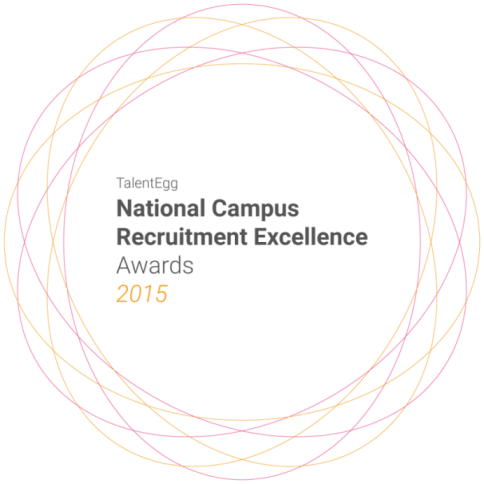As a recruiter, you’re always looking for that “wow” factor in a candidate. The one who has that firm handshake, stylish yet professional outfit, and the ability to converse easily and confidently.
Depending on the position you’re looking to fill, the ability to be a smooth talker might not be necessary. If it isn’t, then why assess your candidate on those requirements?
It’s important to take time to listen to what your quieter candidates have to say. According to Susan Cain, authour of “Quiet: The Power of Introverts in a World That Can’t Stop Talking,” at least one-third of the population is introverted. That means at least one of every 3 candidates you assess are likely introverted.
Don’t leave this pool of talent untapped. While they might not be saying as many words, you should take some time to understand their message: “this is who I am, and this is what I can do for your company”.
“I have the primary skills you’re looking for”
While the gift of gab may be essential in a PR or consulting role, it is not so important when it comes to technical or independent positions. As long as your candidate is able to communicate effectively, and their personality meshes well with the team, that’s all that’s necessary.
However, it’s difficult to prove that you have technical or other hard skills in an interview. The most they can do is bring a portfolio showing their previous accomplishments. Consider creating a component of the recruitment process where your candidate has an opportunity to demonstrate their hard skills in a hands-on environment. It’s a lot more telling than having them describe their competencies.
“I can learn the skills I’m missing”
Most students and grads are looking for their first job to fill in the gaps in their skills. They’re highly aware that they may not be polished in a lot of areas. But they can pick it up easily if they’re exposed to the right work environment.
Of course, no student or grad will want to admit they are missing any skills right to a recruiter’s face. This is why it’s important to build rapport with your candidate before they sit in the interviewee’s chair. Converse with them over email, open the floor to any pre-interview questions they have, and humanize the relationship. Hopefully by the time they reach your office for a face-to-face chat, you can assess their true intentions and what they want to gain from working with your company.
“I’m a lot more relaxed under normal circumstances”
Even the most well-spoken candidates are not 100% themselves during an interview. As mentioned previously, most students and grads view interviews as a “show” they need to put on to impress a potential employer.
The best way to get to know your candidate is to help them relax. Aside from building a rapport prior to the face-to-face meeting, be sure to engage in more casual conversation. Find a topic you’re both interested in and chat a little about it – for example, if your candidate is into a certain type of music, and you get them talking, they’re likely to be a whole lot more authentic talking about that than “why they’re the best person for this job.” This will give you the chance to assess their personality and see how it will match the rest of the team.
“I will get the job done”
It’s not just about being able to do the job. You are looking for a person who will deliver (or even over-deliver) results. Someone who will take a task and make it a point to complete their share.
While an introverted candidate may not provide a whole backstory, they’ll show you through their actions. Did they show up in advance for the interview? Were they prepared with the proper documentation during the interview? Do they respond to emails promptly and send back requested information in a timely manner? These are all much more telling signs that you should take note of.
“I am willing to prove all this to you”
No matter who the candidate is, this is often a statement that remains unspoken. The only way a great candidate can show you their true potential is if they’re hired. It can be tempting to pick someone with more experience under their belt over a new graduate, but remember that skills can be taught – a great personality can’t.
Discussion: Do you believe that introverted candidates are less likely to be successful team members than extroverted candidates? Why or why not?














